My research program has been focussed on the study of species interaction and distribution. Insects, mainly beetles and butterflies, are my primary groups through my research. In particular, I study antagonisms interaction between plant and insect herbivores, above- and belowground interaction, and in more recently I focus on multitrophic interaction and the complexity of the food web. I seek to understand the ecological factors that determine the coexistence of species and the structure and function of the food web. My research is also focused on the effect of climate change on species distribution and diversity, and its effect on insect-plant interaction.
Molecular phylogeny and evolutionary history of Moricandia DC (Brassicaceae)
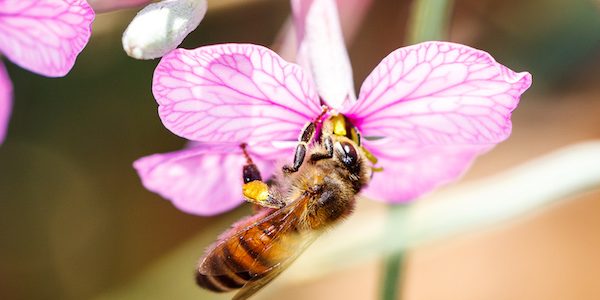
We present in this paper a molecular phylogeny of the genus Moricandia (Brassicaceae). We have found that a Spanish population previously ascribed to Rytidocarpus moricandioides is indeed a Moricandia species, and we propose to name it as M. rytidocarpoides sp. nov. In addition, M. foleyi appeared outside the Moricandia lineage but within the genus Eruca. Therefore, M. foleyi should be excluded from the genus Moricandia and be ascribed to the genus Eruca. Read more
A general framework for effectiveness concepts in mutualisms
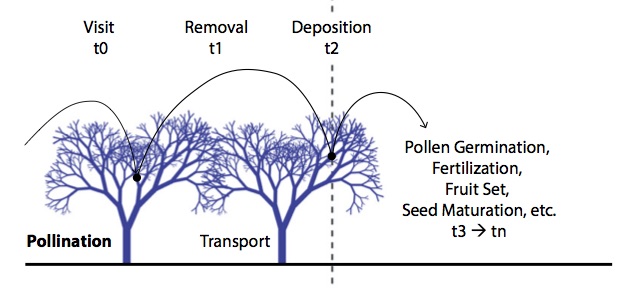
A core interest in studies of mutualistic interactions is the ‘effectiveness’ of mutualists in providing benefits to their partners. In plant-animal mutualisms it is widely accepted that the total effect of a mutualist on its partner is estimated as (1) a ‘quantity’ component multiplied by (2) a ‘quality’ component, although the meanings of ‘effectiveness,’ ‘quantity,’ and ‘quality’ and which terms are applied to these metrics vary greatly across studies. In addition, a similar quantity × quality = total effect approach has not been applied to other types of mutualisms, although it could be informative. Lastly, when a total effect approach has been applied, it has invariably been from a phytocentric perspective, focussing on the effects of animal mutualists on their plant partner. This lack of a common framework of ‘effectiveness’ of mutualistic interactions limits generalisation and the development of a broader understanding of the ecology and evolution of mutualisms. Read more
Hidden Extinctions: Losing plant diversity in Iberian arid zones as a consequence of the anthropic-mediated expansion of weedss

In this project, funded by the Fundación BBVA (PR17-ECO-0021), we evaluate the consequences of the expansion of weeds associated to human environments on the arid vegetation from the Iberian Peninsula. The specific goal is to check whether the presence of the ruderal species Moricandia arvensis is having a harmful effect on its three co-generic species endemic to arid habitats, namely, M. moricandioides, M. foetida and M. rytidocarpoides. Read more
Protected: Reservation system of evoflor infrastructure

Protected: Laboratory resources

Niche differences may explain the geographic distribution of cytotypes in Erysimum mediohispanicum
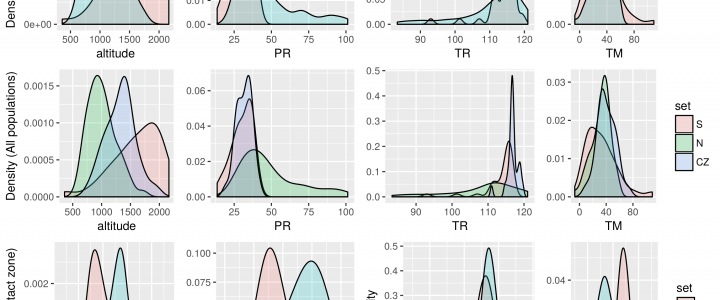
In a paper recently published in Plant Biology, we have identified environmental differences between niches occupied by diploids and tetraploids Erysimum mediohispanicum.
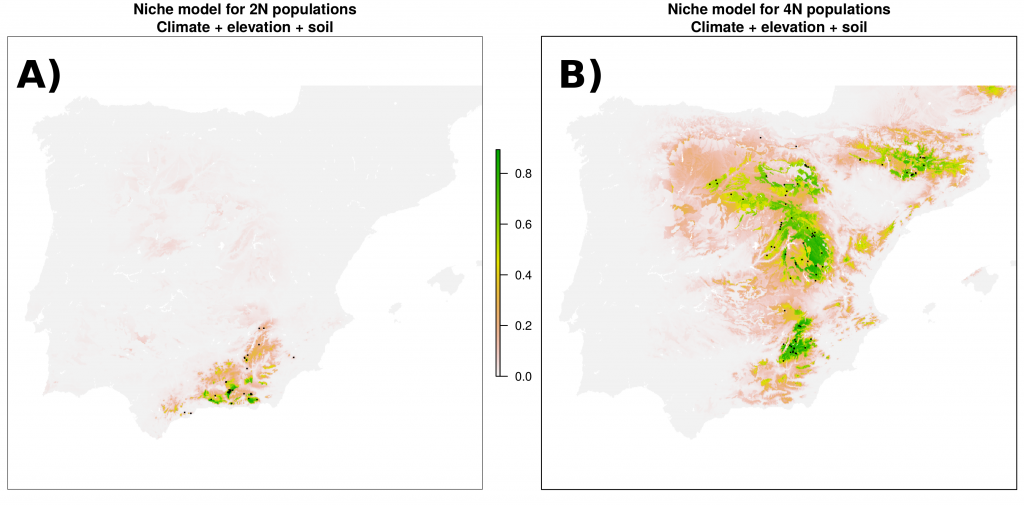
To evaluate the adaptive significance of the geographic distribution of cytotypes, we characterized the ploidy level of 118 populations across the Iberian Peninsula and obtained their interpolated climate variables from the Worldclim 1.4. In addition, we also characterized floral phenotype of both cytotypes. Read more
Javier Valverde defended his PhD Thesis
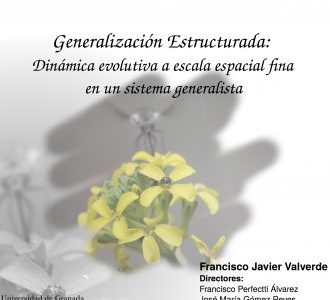
Javier Valverde is now a rookie Doctor in Biology. He obtained his PhD in the University of Granada the past 9th of June, 2017. His PhD dissertation was entitled “Structured generalization: Evolutionary dynamics at a fine spatial scale in a generalist system” (“Generalización Estructurada: Dinámica Evolutiva a Escala Espacial Fina en un Sistema Generalista”).
Inter-annual maintenance of the fine-scale genetic structure in a biennial plant
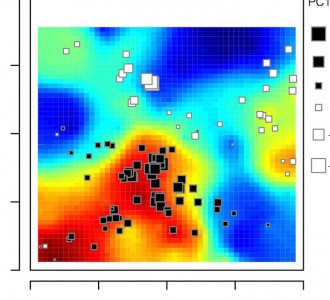
We have just published a paper in Scientific Reports about the maintenance of the fine scale (< 20m) genetic structure in Erysimum mediohispanicum. Read more
The role of pollinators in the evolution of corolla shape variation, disparity and integration

Included in Annals of Botany‘s special issue on developmental robustness and species diversity, our papers nalyzes the role of pollinators in the evolution of the phenotypic variation, disparity and integration of the corolla shape of 111 Brassicaceae taxa. Read more
